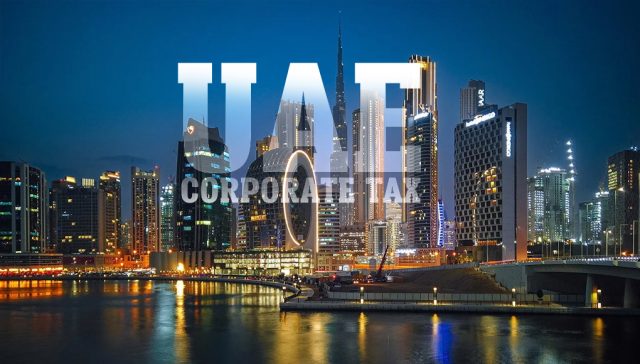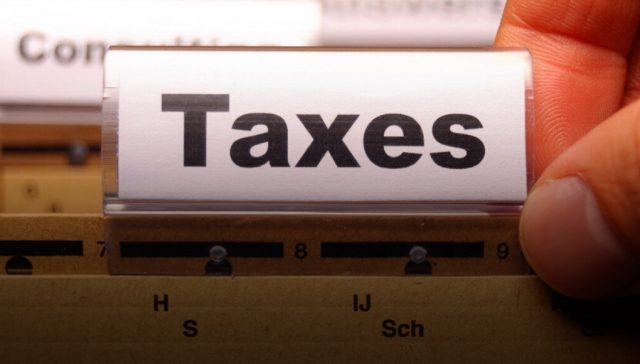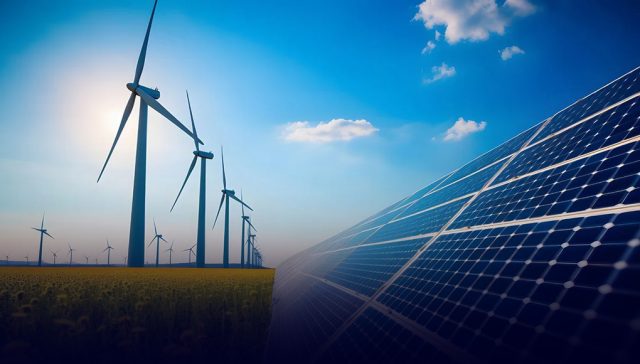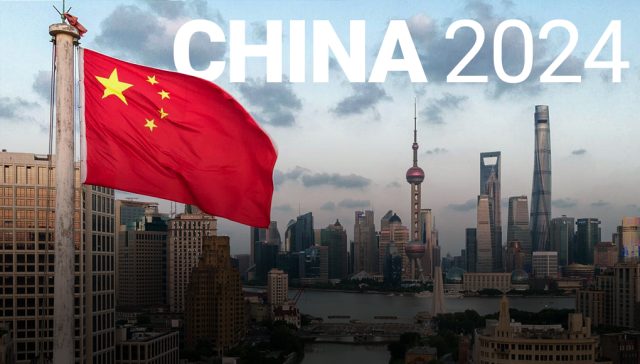The New UAE Corporate Tax
The United Arab Emirates (UAE) is famous for, among other things, zero tax. That ended this year. The UAE now has a 9% tax rate for all but a very few exempted industries.
The implementation of a corporate tax is not because the UAE needs the money to build new roads, hospitals, schools or public facilities. The UAE is home to some of the most extraordinarily modern, effective and high-quality public utilities and infrastructure in the world. None of it required tax revenues. Nor was it all paid for with money from oil revenues.
Similarly, the UAE is not implementing a tax regime to fund public services such as policing, rubbish collection, healthcare or education. Again, the UAE embarrasses high-tax countries when it comes to public safety, maintenance of public spaces, healthcare and education. People in the UAE cannot even conceive of being robbed, let alone mugged; or even seeing a homeless drug addict. The unparalleled safety and cleanliness of the UAE has not required tax revenues; nor was it all funded by oil revenues.
The UAE has massive, diverse, revenue generating investments within itself, and throughout the world.
The UAE is also not implementing a tax regime to fund a social welfare program. 89% of the UAE’s 9 million residents are expatriates. They must support their residency through work sponsorship or business profits, or else they have to leave. Technically, there is limited assistance available to the 11% minority of native emirate citizens. In reality, there is an unspoken positive discrimination applied to emirate citizens for various job positions. So taxes are not needed for welfare.
The UAE is also not implementing a corporate tax to cover a ballooning government bureaucracy and out-of-control public indebtedness, like that seen throughout the “developed” Western nations, such as Australia. The UAE has massive, diverse, revenue generating investments within itself, and throughout the world.
The idea that Governments need an instrument as crude as tax to monetise a national economy is as archaic as it is absurd. We live in a world in which some of the largest and most successful companies lose money on their core business in order to drive greater profits from tangential sources. Airlines, for example, knowingly lose money from the business of flying planes, because greater profits come from the financialisation of their frequent flyer programs. Google and Facebook also stand out as companies whose revenues exceed the GDP of entire countries despite their ‘core products’ being ostensibly given away for “free”.
The UAE has attracted literally trillions of dollars of foreign investment, hundreds of thousands of companies, millions of residents, tens-of-millions of visitors each year, and built some of the most incredible cities on earth in scarcely a few decades; primarily, arguably, as a result of eschewing taxation. So why would the UAE change direction after achieving such success following a far more sophisticated business model?
UAE is home to some of the most extraordinarily modern, effective and high-quality public utilities and infrastructure in the world.
The reason the UAE is sacrificing the zero-tax brand it worked so hard to build, is due to political pressure from socialist, globalist, kleptocratic politicians in high-tax, western nations. That is, the same politicians responsible for the terminal decline and humiliation of the West – the exponentially increasing debt, monetary debasement, deindustrialisation, illegal migration, growing homelessness, increasing crime, energy shortages, insane ‘woke’ politics, military weakness, civil unrest etc etc etc – are demanding that other nations, like the UAE, follow their lead.
Unfortunately, the last time the UAE ignored the bullying of Western politicians they were placed on a so-called international ‘grey list’ by the Financial Action Task Force (FTAF) for not doing “enough” to “fight money laundering”. Compared to the money laundering taking place in the US, the volume going through the UAE is a pittance. But the issue was never about money laundering; it was demonstrating fealty to the Western political cabal. The ‘grey-listing’ was to embarrass the UAE rulers. The practical effect was simply to increase the paperwork burden placed on UAE banks moving money to and from overseas. That burden has made routine banking more difficult and expensive for legitimate SMEs, while having virtually no impact on companies and individuals transacting large sums.
So the embarrassingly incompetent boobs overseeing the decline of the world’s richest countries have finally forced the UAE to start penalising businesses for being successful. The question now is: what is the likely impact going to be?
In 2018, the UAE was similarly pressured into implementing a goods and services tax (VAT) that included precious metals. The new 5% tax caused a 75% reduction in precious metal trade. Just 6 months later the Government exempted precious metals from the tax, restoring trade to previous levels.
So it will be very interesting to see what comes of the new UAE tax.

Damon is the founder of the National Recomposition Institute and creator and founder of the Recomposer software system. He was also formerly the Australian Ambassador to the International Society of Sports Nutrition, president of the World Powerlifting Congress Australia and an Australian Champion in Bodybuilding and Powerlifting.



























